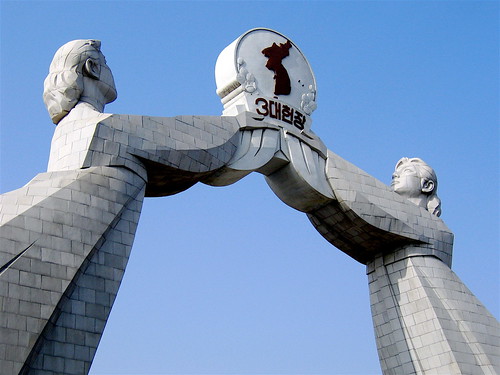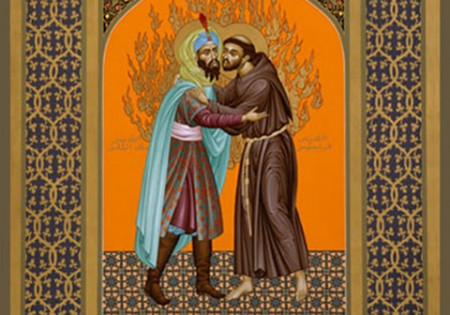
Is the way that armed conflicts are being mediated today different as compared to five or ten years ago? If the answer to this question is ‘yes’, what are the challenges facing mediation efforts and how might mediators go about confronting them? These and other questions were explored during a panel discussion at the 2013 International Security Forum (ISF).
Peace Mediation is Changing
In the 1980s, track 1 mediators focused on the security aspects of armed conflicts, leaving the political, economic, social and justice questions to be dealt with later by other mechanisms. From the mid-1990s, however, track 1 mediators have been asked to approach mediation very differently: the root causes of armed conflict were to be addressed, and this was oriented by a total “vision of society” that was developed by the conflict parties. The result was long and highly complex peace processes, such as the Burundi Arusha (1998-2000) or the Sudan North-South processes (2002-2005). In both cases, mediation teams were larger, and consisted of mediation process experts, topical experts on security, justice, economy, and social issues, alongside coordination by a chief mediator (such as Julius Nyerere and Nelson Mandela (Burundi) or General Lazaro Sumbeiywo (Sudan)). Since the Sudan Process, there has not been an equivalent peace process, which begs the questions: are we in a phase of transition that possibly mixes the 1980s security mediation model with comprehensive mediation approach of the 1990s? If so, at what stage are we at in terms of development?




